Rachel Wallace is a Robotics Automation Engineering Manager at HighRes Biosolutions.
Enabling a department of Automation and Liquid Handling Engineers that write code and deploy integrated robotics systems that helps labs and pharma test for Covid-19 and other experiments faster, more consistently, and in an automated fashion. She has over a decade’s experience within management positions at a variety of engineering and tech companies and is passionate about diversity and inclusion within these spaces.
The beginnings
I studied Management Engineering at Worcester Polytechnic Institute. On choosing a course, I looked for a blend of engineering and business (this was particularly challenging to find at many schools). When I arrived at WPI to visit a friend, I felt so at home and knew I had to be there and do what it takes to get in and stay. Originally, I was deferred from early action and bothered them with interviews, grades, etc. until they finally let me in. When I want something, it’s all in.
I have endless curiosity, and as a child, science fed my inquisitive nature; it just made sense! Early exposure and encouraging confidence to try (even if you fail) is key to encouraging young girls to embrace STEM subjects. In terms of role models, off the bat and as a baseline, my mother provided a lot of space for me to think creatively and independently. She didn’t have to push me in an academic sense as I had that own drive; I’m pretty sure I took almost every science-related course I could at my high school. I was fortunate to have had an amazing physics teacher that flamed our confidence to experiment and encourage us to learn more while enjoying the subject. It only takes a few good teachers to change or amplify a trajectory of not only knowledge but of being a good human once you “get out into the world.”
I learnt so many lessons at the beginning of my career, which helped define the person I am today. I had a variety of experiences in my first two and a half years that most people would likely get in five to ten. I learned how to be a leader, teach others, and develop my style of who I wanted to be. Unfortunately, as a female leader in Engineering, I also experienced harassment, so I had to learn to stand up for myself. It’s important that in those situations, you do not blame or be too hard on yourself.
I was very fortunate to have experienced real-life project experiences at school and was also part of social and academic groups, which gave me a baseline within my first role at Sealed Air Corporation as a Value Stream Leader. From work cell and factory layout to lean concepts to setting up a project and learning different stakeholder types, each learning opportunity was impactful.
I got to do what I defined as success in my twenties; travel and broaden my cultural horizons, all while being paid to have a role with a sense of purpose and development. There were many moments that I’d stop on the sidewalk and look up at the buildings and take a deep breath and tell myself that I had “made it.”
Here I managed a team of 15 electromechanical technicians across 7 work cells. As much as I hate to admit it, sorority recruitment taught me how to interview well and practice soft skills. I was able to get to know a team, handle a variety of social situations and read a room. A big challenge was gaining trust and then adapting learning styles for those who had a different approach. For instance, I used Legos quite often in teaching concepts to relate more visually. It was a particularly effective way to get conceptual buy-in from the audiences who did not go to college and did not understand some of the technical terms or theory.
After over two years I joined Akamai Technologies as an Analyst and was promoted to Business Process Improvement Analyst. In this job, I had the opportunity to work for someone who invested a lot of time into coaching me and making sure I was aligned for success in my role. That meant a lot to me, even to this day and I’m still grateful to all of them. Those mentors and cheerleaders were key to me moving forward even when things felt tough.
I grew a lot as an adult at Akamai. The pace was fast, and the solutions yet to be known. I had never really faced a highly political climate before, so it was a major learning experience; there needed to be a lot of influencing and communication to ensure success. It’s so important to help everyone get on the same page as it allows the business to determine and align strategies and plan the next steps for a better future. Regular process mapping allows everyone to stay focused when they feel lost in the day to day.
Growth as a leader
Progressing into the Business Operations Manager, I helped develop business insights and dashboards for the organisation and was responsible for guiding leadership on business initiatives and owning projects for growth, customer quality outcomes and staff KPIs. I got to do what I defined as success in my twenties; travel and broaden my cultural horizons, all while being paid to have a role with a sense of purpose and development. There were many moments that I’d stop on the sidewalk and look up at the buildings and take a deep breath and tell myself that I had “made it.” I had an amazing group of colleagues and friends and wanted to soak in every moment of those experiences. I still hold these people close and it makes my heart so happy when past team members reach new milestones and successes in both their professional and personal lives.
For me personally, having a social and professional network to lean on was crucial; people helped get me to through when it felt impossible or unknown. It’s important to keeping these support groups alive and actively encourage more people to embrace these circles, developing a sense of community.
I was able to help the business capture an additional $1MM in revenue, a 93% increase YoY from 2016, with all the pressures of building a collaborative, talented team and keeping the operational cadence and direction of the business moving forward from an analytical viewpoint. Despite the positives, Imposter and “Snow White” syndrome were very real in this job. I started to believe that I was hired to fit a diversity checkbox and wasn’t brought on board because of my abilities, which is brutal for someone who wants to naturally support and build people up.
I count The Prolexic project at Akamai as one of my favourite achievements to date. Coming on board to fix a complex problem allowed my skill-set to shine. To improve a dysfunctional team and process to something streamlined had a positive impact on employees’ day to day lives and was deeply appreciated. The trips to Florida were also nice when New England got too cold!
I then joined Hubspot in 2018 as a manager of the North American Help Desk. In this job, I doubled operational efficiency and achieved six-figure asset management savings in 2019. I saw what vision, hype and messaging can really do to employees to get them to push beyond their comfort zones and how much experiences matter. I had the opportunity to speak on YearUp panels to new managers and interns, attended D&I events and was denoted as a Diversity, Inclusion and Belonging championing manager. D&I Initiatives were very important within the business with the messaging consistently top of mind and incredibly accessible. My passion for D&I was confirmed in this period. I became acutely aware that businesses must practice what they preach, particularly around accessibility and routes to progression which is something I take so seriously in my new role.
HighRes Biosolutions
I was hired as a Robotics Automation Manager at HighRes Biosolutions in March 2020 just as the COVID-19 pandemic was escalating in Europe, and cases were fast spreading in the US. The company is in the automation and robotics space and the business’s core customer base are labs and pharma companies, so I had to navigate the differences in the sector quickly. At times it was overwhelming, but I reminded myself that I was selected for a reason and had skills to offer. Ultimately, being different and having an alternative background was a good thing. I felt sure about my choice; I have a strong sense of purpose and was drawn to the role for its mix of opportunity and challenge.
HighRes Biosolutions has played an impressive role in the fight against COVID-19, from automating C19 testing to help keep our country safe to creating capacity to do vaccine testing. We’ve also taken the pressure off other experiments and processes in order to focus more on R&D and vaccine work. The interesting and unique piece to HighRes is how modular a lot of the systems are and that they can adapt to changing conditions and experiments to help prepare for whatever is next. I firmly believe that in the future of healthcare, automation can help speed up processes and take the manual and repetitive pieces to give people some rest and focus on areas that they can better serve with their very educated minds and time.
When it comes down to the hiring process, strategies need to be put in place to attract a diverse range of candidates. Companies looking to become more diverse and inclusive should be aware that alternative routes exist; there are a lot of people with relatable/soft skills who get discredited for opportunities but show the same level of promise.
In terms of how we’ve had to adapt to the pandemic, I’m proud of the way the team has conducted themselves. It has also been strange adapting to managing from home and screen fatigue took hold over the first few months, however, the team (and our customers) have taken everything so seriously. I think it’s a testament to their behaviour that no team members have tested positive for COVID-19.
The main focuses of my role include scaling out and stabilizing a team used to attrition and a lack of engagement, creating a faster and effective onboarding program, and improving our processes. A notable achievement so far has been in embracing diversity. In the past year, we’ve gone from 5% women to 28% in just one calendar year; this figure matches STEM averages so we have caught up for the deficit.
Seeing women in the team and in management helps bring comfort that they too can be successful and is essential to have a presence in order to attract further talent.
Diversity and inclusion
Diversity and Inclusion is incredibly important to me, I want women everywhere to have not just a seat at the table but an active voice to start the conversation because the conversation itself has not even started. Younger generations that have grown up or started their careers with increased representation are more open and accepting of female engineers. Whilst women are now accepted in the workplace, being included is a whole different story.
Becoming a manager at an accelerated age, never mind my underrepresented gender has always left me feeling like I must work harder than my counterparts to be taken seriously. I’ve had to hold myself to an exceptionally high standard so as not to be immediately discounted as “a millennial”. However, age is becoming less relevant when seeking good leaders and there’s been a general rise in women’s representation in management positions, but this is dependent on the sector.
I learnt so many lessons at the beginning of my career, which helped define the person I am today. I had a variety of experiences in my first two and a half years that most people would likely get in five to ten. I learned how to be a leader, teach others, and develop my style of who I wanted to be.
I would say that having the right mindset is most important in terms of being an effective leader. Leaders need to learn to be uncomfortable and aware, uncomfortable in the sense that you will have to get over some fears to set an example, speak publicly, handle challenging situations for example. Awareness is important as you need to be flexible when responding to situations and differentiate the ways in which you communicate with people.
I’d also advise three things…
1). That all things come at a cost – know why you’re doing what you’re doing and what you’re willing to sacrifice to do it well.
2). Be your own advocate and make sure your heart is really in it for the right reasons.
3). Stand your ground, respectfully, to iterate how you should be treated. I wish I had stood up for myself earlier on in my career when I did not have the confidence or courage to do so.
There are also three types of people who help make you successful: cheerleaders, coaches, and mentors. I’m a firm believer that you must put in what you get out. Therefore, we must embrace these roles when it comes to inspiring others and paving the way for many to come. For me personally, having a social and professional network to lean on was crucial; people helped get me to through when it felt impossible or unknown. It’s important to keep these support groups alive and actively encourage more people to embrace these circles, developing a sense of community.
I have yet to see a female role model in my career that I can solidly say I want to be like. I admire my peers at work as well as the bright women on my teams – they motivate me to keep going and better myself. I’ve often sought inspiration from strong women in books/novels as I read voraciously in childhood. I also grew up in New Hampshire and loved space, so Christa McAuliffe was a guiding figurehead and provided an example to learn and give back.
Despite the positives, Imposter and “Snow White” syndrome were very real… I started to believe that I was hired to fit a diversity checkbox and wasn’t brought on board because of my abilities, which is brutal for someone who wants to naturally support and build people up.
I’d like to conclude with the subject of recruitment. When it comes down to the hiring process, strategies need to be put in place to attract a diverse range of candidates. Companies looking to become more diverse and inclusive should be aware that alternative routes exist; there are a lot of people with relatable/soft skills who get discredited for opportunities but show the same level of promise.
On the flip side, I’d advise those looking for a position to do comprehensive research when it comes to searching for roles and to read through surface-level messages, don’t just apply for positions based on “top companies to work for”, culture matters so deeply. This is really important specifically that of a manager, team, and/or dept directly impact day to day over the blanket company culture awards and accolades.
This interview was conducted as part of our Let’s Get Inclusive initiative, which aims to spotlight key individuals and role models within the Technology and Engineering spaces. For more about Rachel, take a look at her LinkedIn profile here.
Our Engineering team works with a variety of passionate and innovative clients. To understand our specialisms, take a look at our dedicated Engineering page. If you’re currently looking to recruit an engineering professional to join your team, send your requirement to Director of Engineering Steve Clarke:
See More From Our Blog
Meet Our New Mission Critical Team Member – Jacob Jackson
Here at Insight Recruitment, we’re excited to further expand and strengthen our Mission Critical team. Jacob Jackson joins the Insight family in the position of Recruitment Consultant specialising in the Mechanical industry…
read moreIndustry Update – The Evolution of the Data Centre Market in Europe
In today’s digital age, data centres serve as the backbone of our interconnected world. They are the central hubs powering the storage, processing, and distribution of vast amounts of information…
read moreIndustry Update – Technology Innovations in the US
In today’s ever-evolving world, the United States continues to be at the forefront of technological innovations, shaping industries and driving global progress…
read moreMeet Our New US Tech Team member – Joe Flower
Here at Insight Recruitment, we’re excited to further grow our US Tech team as we aim to explore new markets…
read moreMeet Our New Mission Critical Team Member – Georgia
Here at Insight Recruitment, we’re excited to further expand and strengthen our Engineering team. Georgia Ellyatt joins the Insight family in the position of Recruitment Consultant specialising in the Mechanical & Electrical industry.
read moreMeet Our New Operations Team Member – Anna Prudencio
Here at Insight Recruitment, we’re excited to further grow our Operations team as we aim to Empower Sustainable Growth…
read more
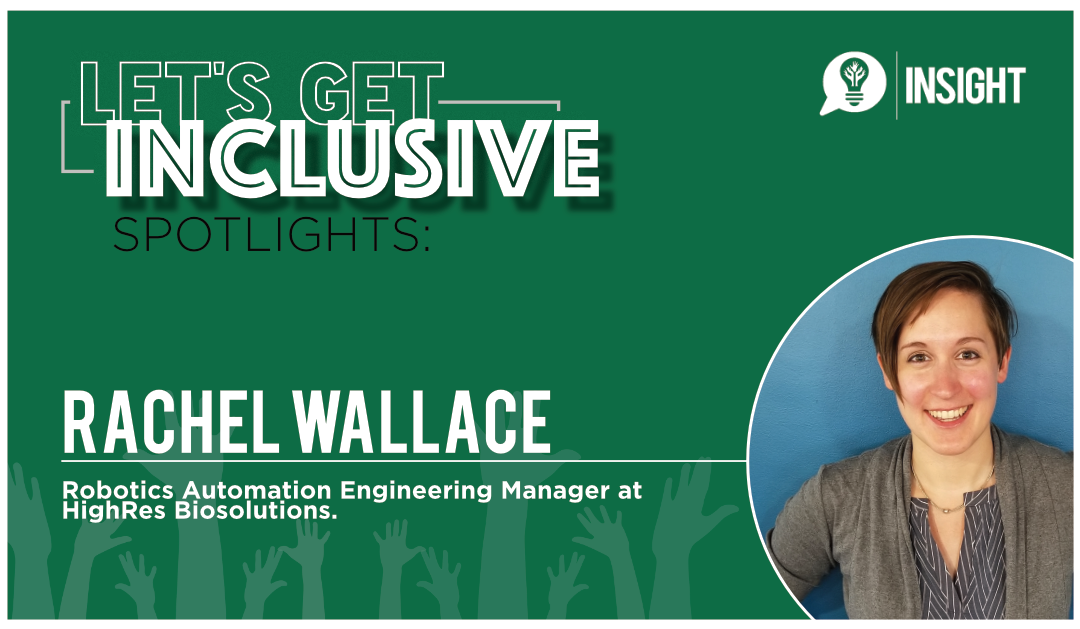
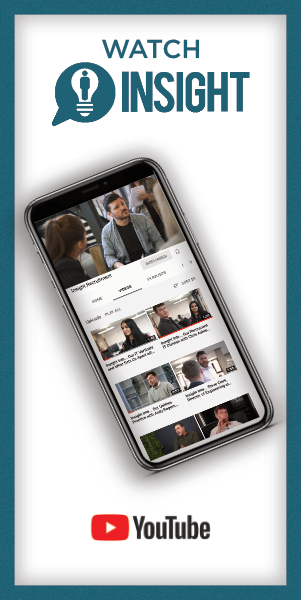
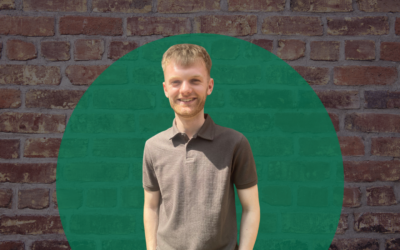

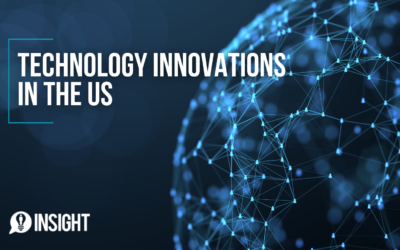
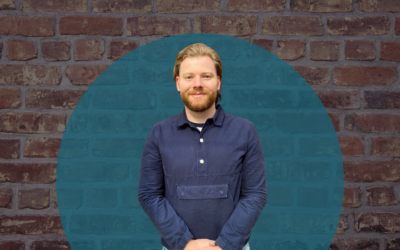
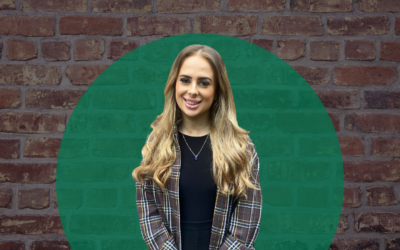

Recent Comments